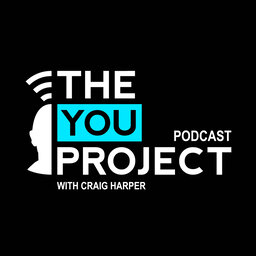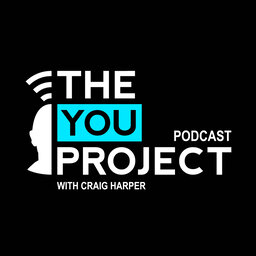#1564 Pleased To Meet Me - Dr. Bill Sullivan
Dr. Bill Sullivan is a world-renowned Scientist, Researcher, Educator and Author who graces us with his vast knowledge and wit on a monthly basis here at TYP, and I couldn't be more grateful. 'Pleased to Meet Me' (subtitle: germs, genes & the curious forces that make us who we are) is the title of his 2020 book and that (among other things) was the focus of our chat for this episode. Enjoy.
Also, if you heard BetterHelp on the show today, you can get 10% off your first month at BetterHelp.com.au/TYP
In 1 playlist(s)
The You Project
The You Project is a 30-90 minute dose of inspiration and education hosted by Craig Harper with grea…Social links
Follow podcast
Recent clips

#2114 Top Ten Workout Mistakes - Harps
50:31

#2113 Digital Vodka - David Gillespie
41:06

#2112 Three Wise Monkeys (With Issues) - Bobby Cappuccio
1:04:15
 The You Project
The You Project